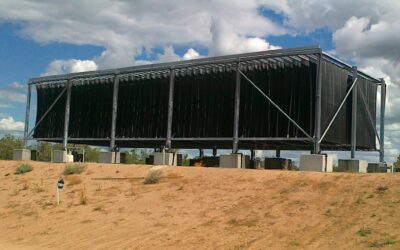The conversion to Compressed Natural Gas (CNG) has many benefits, but the one that affects fleet owners the most is the cost. With the rising cost of gasoline and diesel fuel, natural gas is gaining momentum because it costs less, is better for the environment, and is better for vehicle maintenance and lifespan.
But as with every product, there is a price. When a company decides to convert its vehicles to natural gas, cost has to be taken into consideration.
“Costs for the facility upgrades can vary dramatically, depending on the size of the facility, its age, and its current configuration,” says ET Environmental’s Vice President of Engineering, Richard Drake.
The cost is separated into two categories: Capital Expenses and Operating Expenses. Capital expenses include the purchase and conversion of fleet units and stations, while modifying current facilities. Operating expenses include the training of operators, the maintenance of equipment, and any inspections that are required.
On average, the conversion of one large truck could cost $15,000 dollars, or more. It’s important for fleet managers to be smart about making this investment. Conduct thorough research to see what best suits your needs and budget. Plan ahead and talk with someone who will be able to breakdown your CNG needs.
“CNG is here to stay,” says Drake. “With proper planning and an experienced partner, managers of small, medium, and large fleets can all take advantage of the cost savings that CNG has to offer.”
Read “Exploring the Total Cost of CNG” published in Government Fleet magazine for more information.


